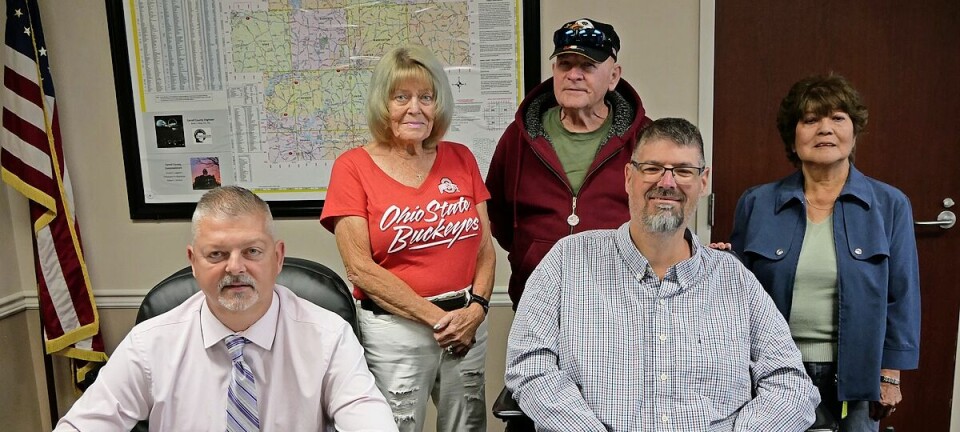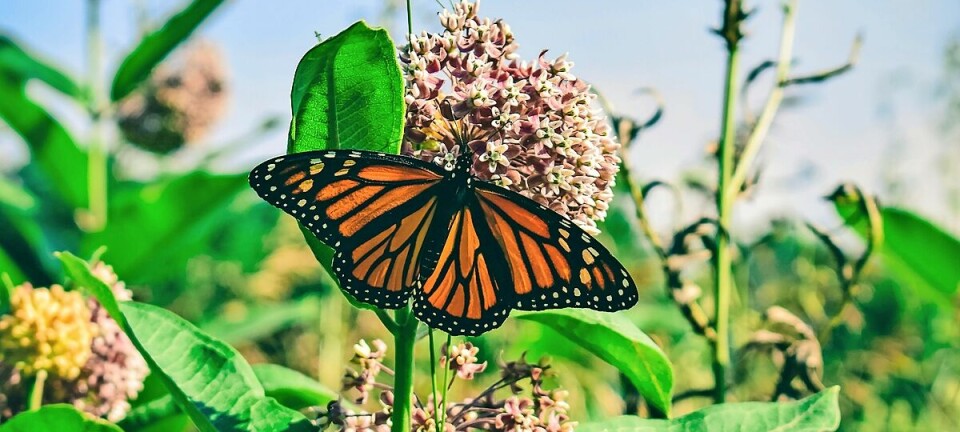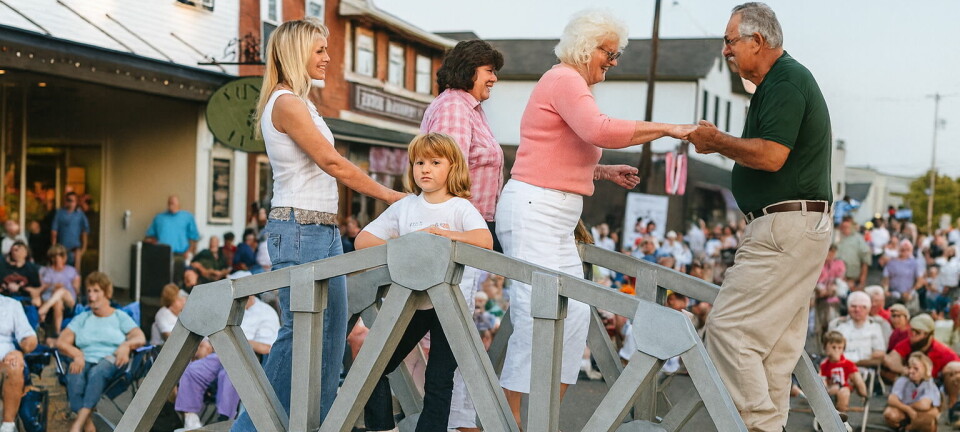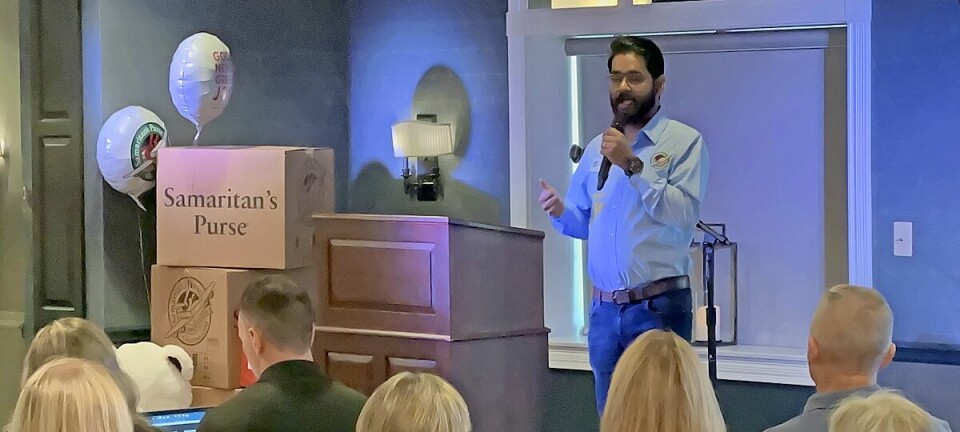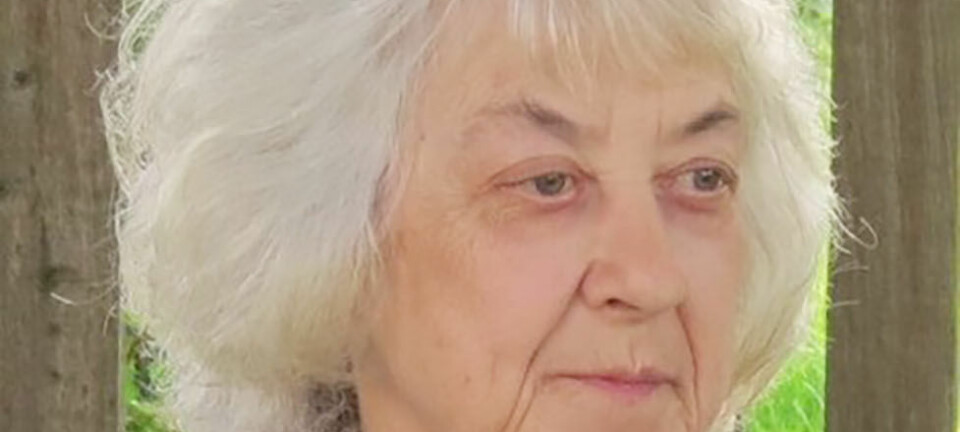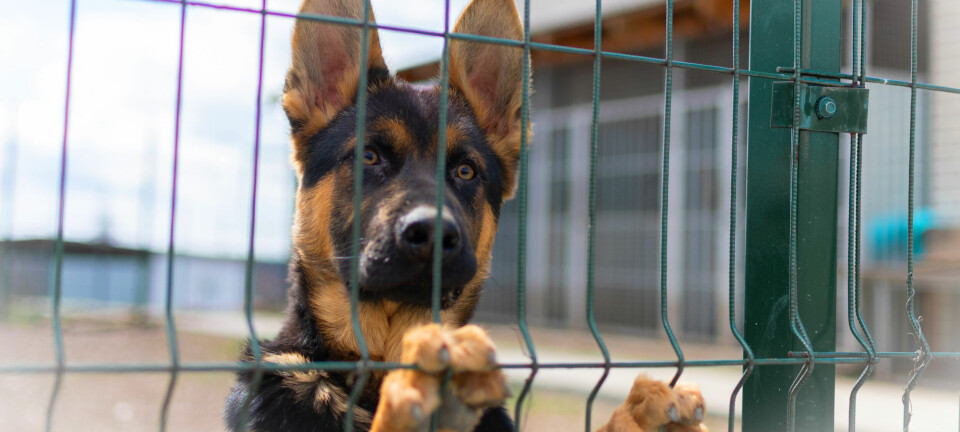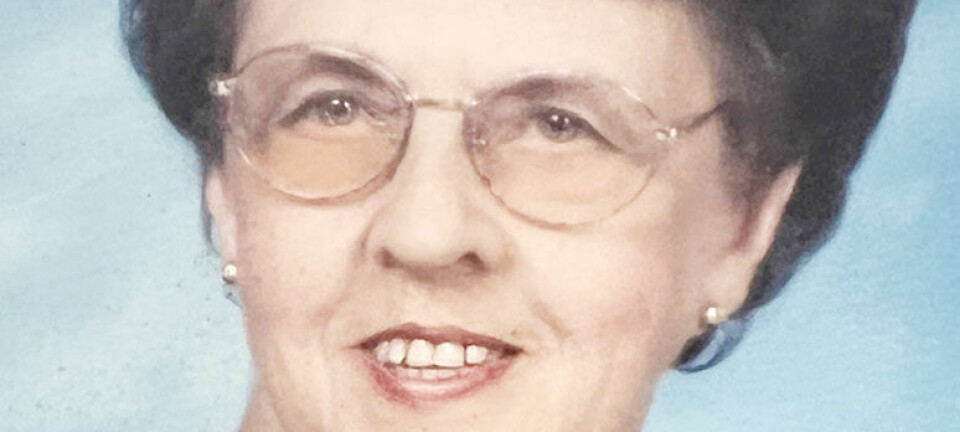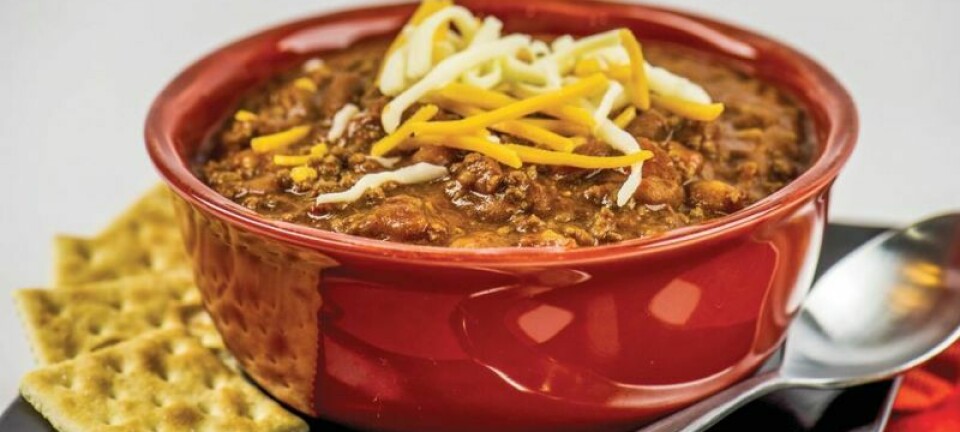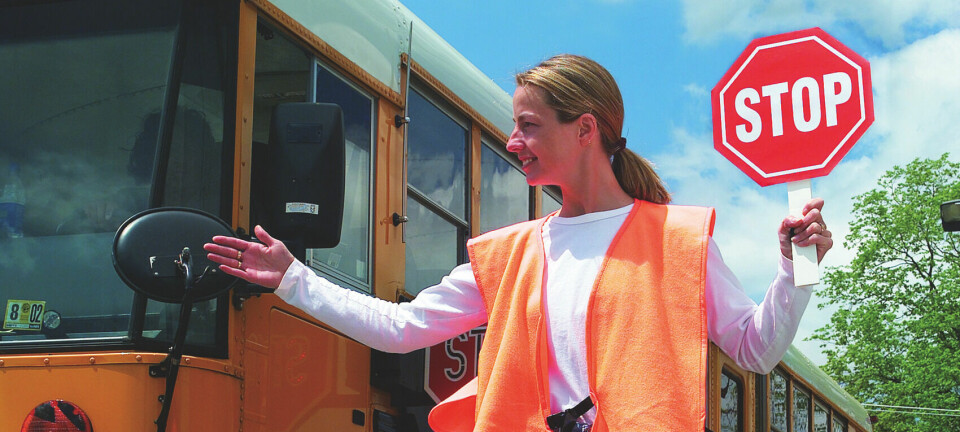Small business: Handmade soap is heavenly

Tricia Mascotti discovered soap making in 1998. She had put in a garden, and with an abundance of fragrant herbs someone suggested she use them in homemade soap. The first attempt wasnt a total flop, but it certainly wasnt like the soap I make today, Mascotti said.After a little practice, a lot of learning and the courage to keep trying, Heavenly Soaps was born.Today Mascotti enjoys working from home on the five-acre homestead in Stonecreek she shares with her husband, Anthony, four dogs, two cats, two pigs, 20 chickens and if she gets her way, she might add a few goats to the mix.Even 18 years after she tried her hand at soap making, Mascotti said it is still fun, and because she is more comfortable than ever in her studio now that she understands the science of soap making, she no longer is afraid to try new things.At first I was afraid to work with lye, Mascotti said. I started out using melt and pour kits but I didnt feel like the soap was really mine.Thats when she got interested in the more complex recipes and sought advice from other soap makers.I discovered there really wasnt anyone making handmade soap back then, Mascotti said. I met an Amish lady who made soap, but looking back, I dont think she really knew what she was doing either.Mascotti describes herself as self-taught.I bought books and just learned by doing, she said. Its a lot like baking. You have to use the right amount of each ingredient. Today I have software that can calculate it for me.With as many local ingredients as possible, Mascotti fashions soap from coconut oil, lard, olive oil and corn oil along with lye, goats milk, essential oils, herbs, fresh eggs and sometimes exfoliants. I have used palm oil but I dont anymore because of the environmental damage that comes from harvesting it, Mascotti said. My customers are not interested in it.Palm oil contributes to deforestation, habitat degradation, climate change, animal cruelty and indigenous rights abuses.I prefer to keep things local, Mascotti said. I get lard from a beef farmer who lives nearby, goat milk from Wholesome Valley Farm and Paint Valley Farms, eggs from my own girls, and I grow my own herbs.Mascotti uses a cold process most of the time when making soap. Cold-processed soap requires melting the fats and oils, adding the lye mixture while at the same temperature, mixing and then pouring in a mold where it can take about 24 hours to set up. The soap is then cut and the curing process begins. Curing can take three to four weeks before the soap is ready to be used. If there are eggs in the recipe, the curing time is even longer at six to eight weeks.Mascotti said the hot process takes less time overall but requires careful watching especially if the soap is milk based in order not to burn it. I have made custom soap for my customers, Mascotti said. I enjoy being able to personalize soap for them.Her most popular soaps include patchouli, lavender, egg, goat milk and oatmeal.Even though it would probably be cheaper to buy goat milk, I am considering getting goats, Mascotti said. When you have a product like this, you just want to be sure everything that goes into it is the best. Its too bad the pigs cant contribute.Heavenly Soaps sells wholesale in small batches with a 15 bar minimum and directly to the consumer.Heavenly Soaps is a regular vendor at area farmers markets including the Tuscarawas Valley Farmers Market, which opens in June.To learn more, find Heavenly Soaps on Facebook.






